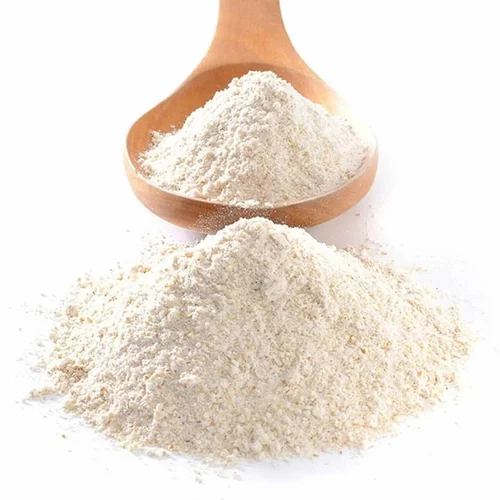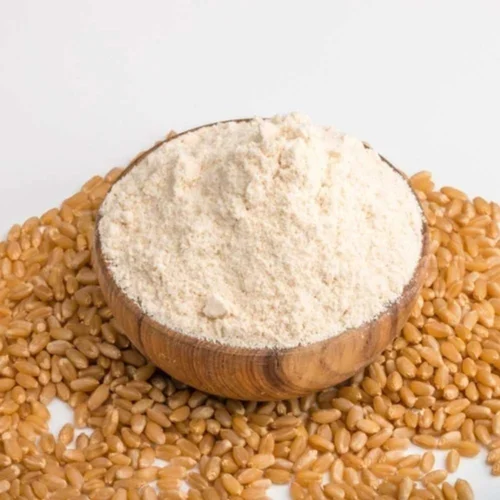Fresh Wheat Chakki Atta
₹35.0
| Packaging Type | Loose |
| Usage/Application | Cooking |
| Best Before | 3 Months |
| Type | Chapati Flour |
| Speciality | High in Protein |
| Hybrid | Yes |
- Description
- Additional information
- Reviews (0)
- Q & A
- Sustainability Remark
- More Offers
- Store Policies
- Inquiries
| brands | Vandana Annapurna |
|---|
You must be logged in to post a review.
Q & A
Organic products are generally considered more sustainable compared to conventional products, but the extent of their sustainability depends on various factors. Here are some key aspects to consider when evaluating the sustainability of organic products:
Environmental Impact: Organic farming practices aim to minimize the use of synthetic fertilizers, pesticides, and genetically modified organisms (GMOs). This reduces the potential harm to ecosystems, water quality, and biodiversity. Organic farming also emphasizes soil health and employs techniques such as crop rotation and composting, which can enhance soil fertility and reduce erosion. However, organic agriculture may require more land compared to conventional methods to achieve similar yields, which can pose challenges for land use efficiency.
Chemical Usage: Organic products are produced without synthetic pesticides or fertilizers, which can reduce chemical contamination in the environment and minimize the risk of chemical residues in food. This is beneficial for both consumer health and ecosystem well-being. However, organic farmers may still use approved organic pesticides and naturally derived fertilizers, which can still have environmental implications if not managed properly.
Energy Consumption: Organic farming generally consumes less energy compared to conventional agriculture, as it relies on natural processes and avoids the use of synthetic inputs. However, transportation and distribution of organic products over long distances can increase energy consumption and carbon emissions. Locally sourced organic products can help mitigate this issue.
Soil Health and Biodiversity: Organic farming practices prioritize soil health by promoting the use of organic matter, crop rotation, and reduced tillage. These practices can enhance soil fertility, moisture retention, and microbial activity, leading to improved long-term soil health. Organic farms also tend to support higher levels of biodiversity, providing habitats for beneficial insects, birds, and other wildlife.
Water Conservation: Organic farming practices generally emphasize water conservation by employing techniques such as drip irrigation and improved water management practices. By avoiding synthetic fertilizers and pesticides, organic farming helps prevent water pollution and protects water resources.
Certification and Standards: Organic products are typically regulated and certified by recognized bodies that establish and enforce specific standards. Certification ensures that organic products meet specific criteria, providing consumers with confidence in their sustainability claims. However, certification processes can vary across countries and regions, and compliance with standards may vary among producers.
While organic products offer several sustainability advantages, it is important to note that not all organic products are equal. Factors such as farming practices, transportation, packaging, and overall supply chain management can impact the sustainability of individual organic products. It's essential to consider the entire life cycle of a product to assess its overall sustainability.
General Inquiries
There are no inquiries yet.



















Reviews
There are no reviews yet.